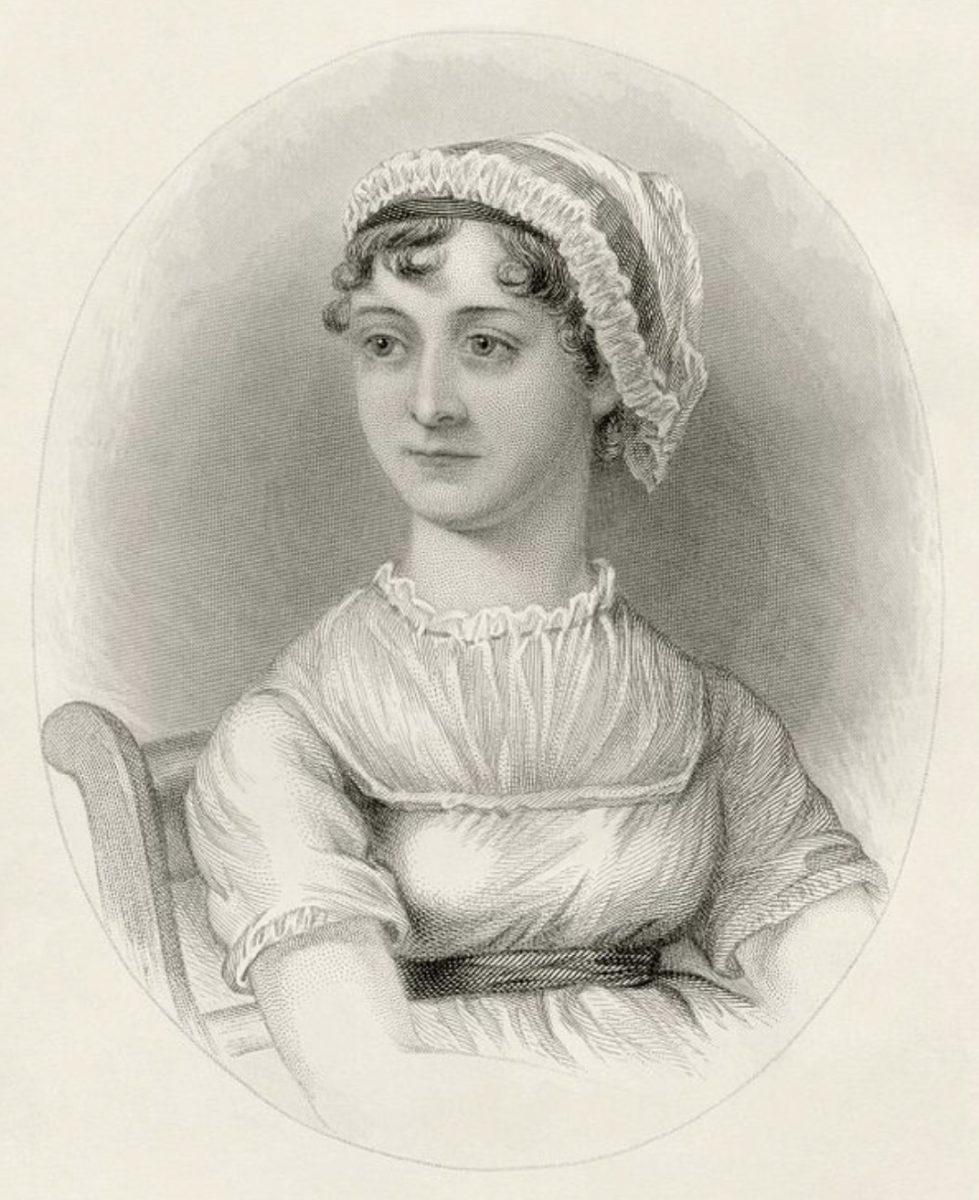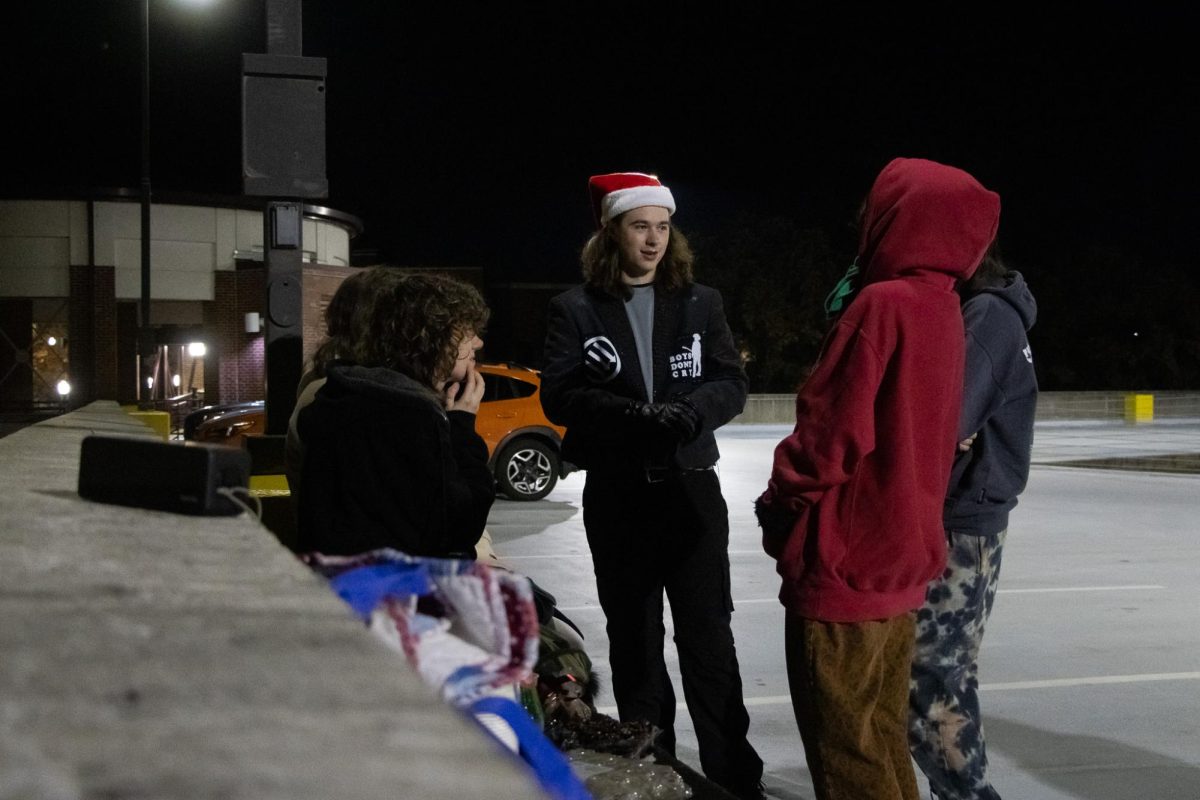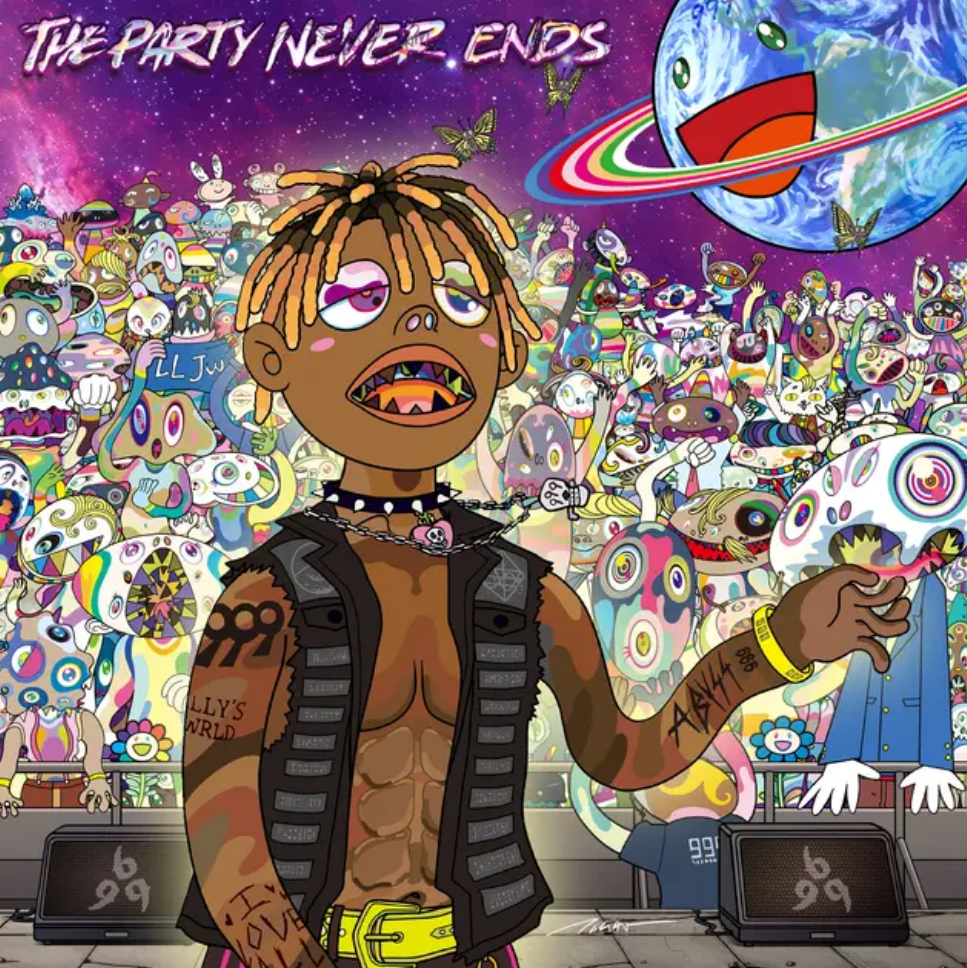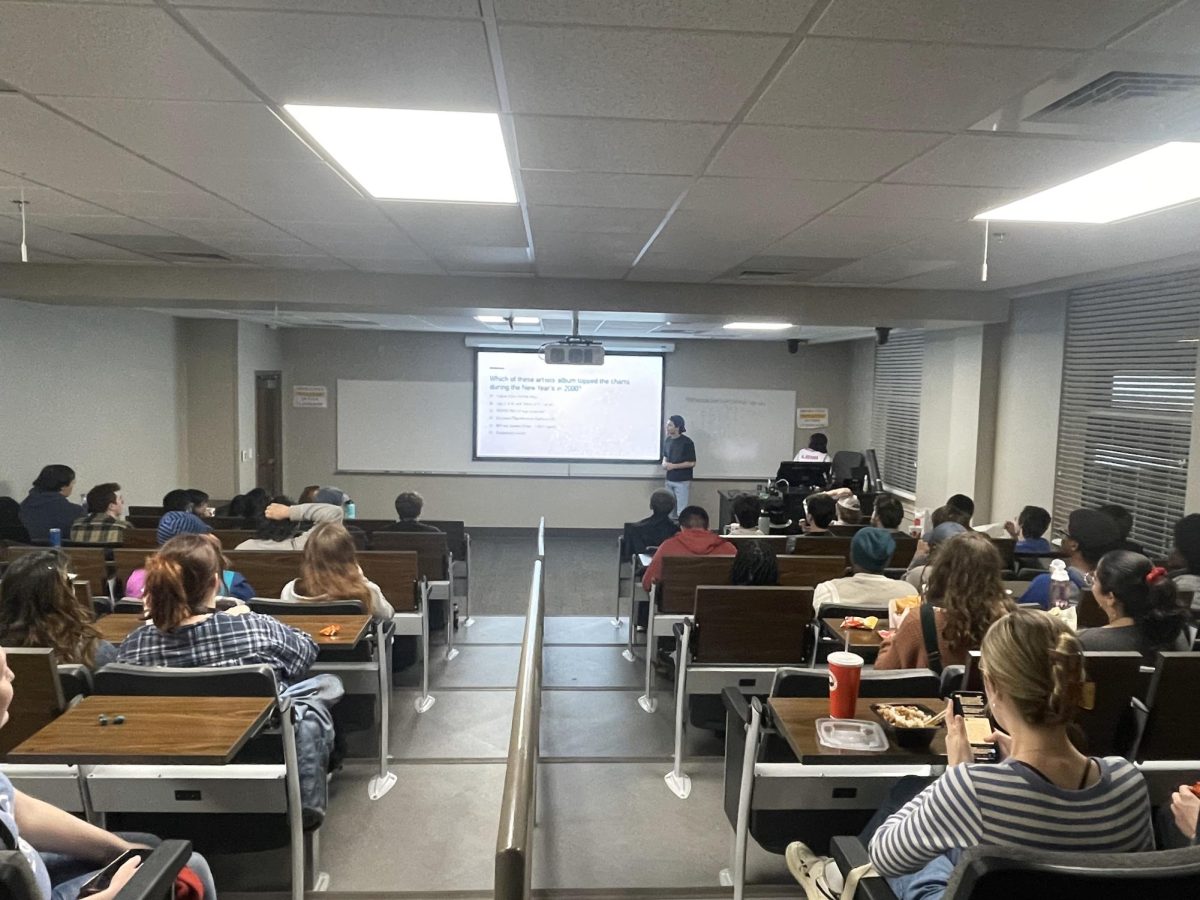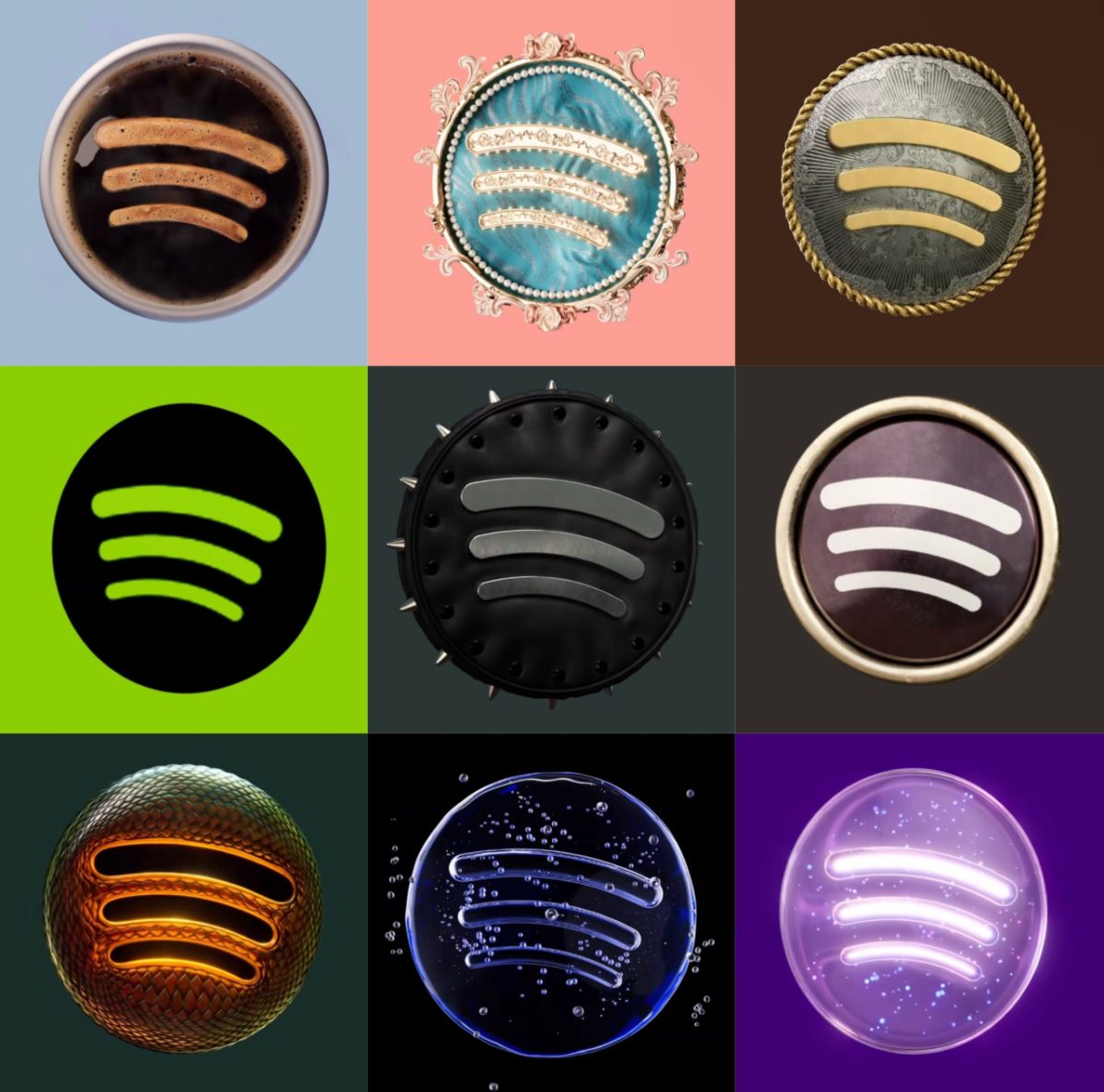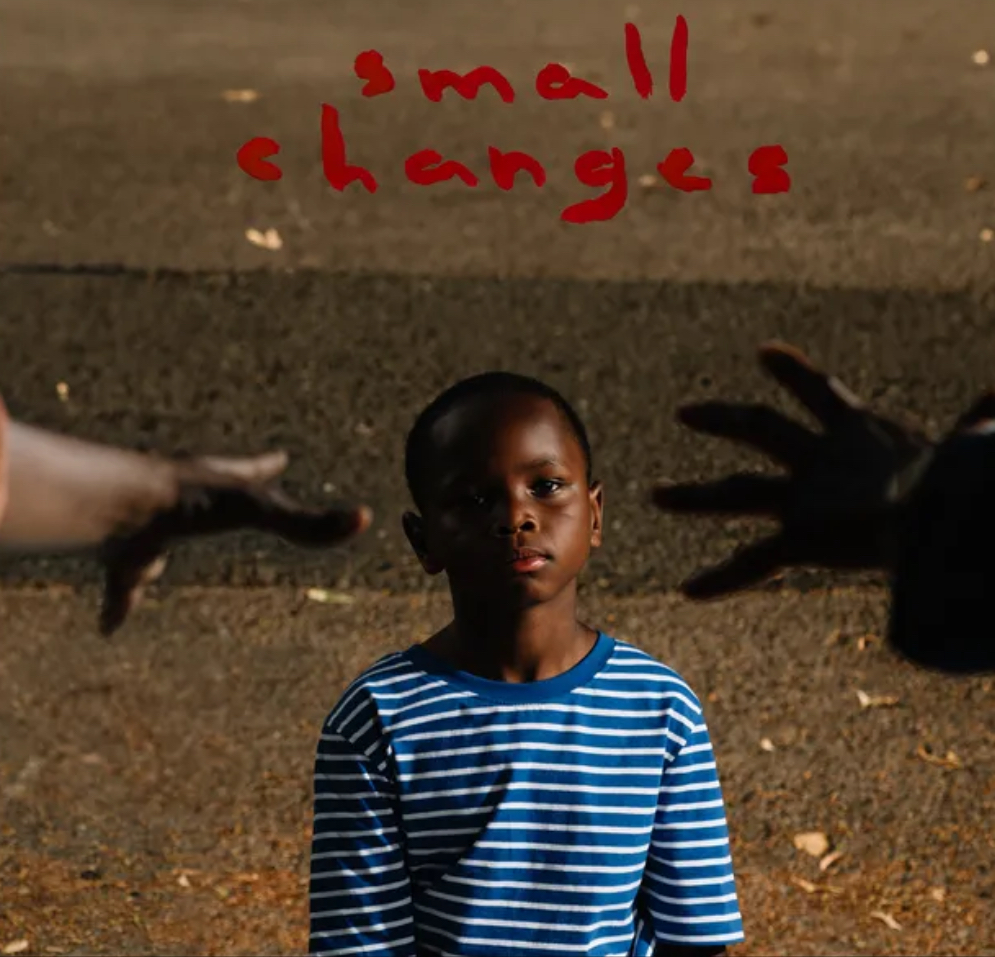I knocked on the door of Reed Watson’s apartment and was immediately greeted by a fierce cat. The cat, named Otis, was a stray – only a few weeks old – picked up by Watson outside a Barnes and Noble roughly six months ago and nursed back to health, but on the claim that he came from a stray’s wild background.
I cannot think of a stronger metaphor for Sparrow and the Ghost than that cat. But what does the cat represent? Perhaps the idea that everything is a kick more interesting with a wild element of domesticity is akin to the ethos of the band featuring Watson on drums, Stuart Bond on vocals and guitar and Rachael Roberts on vocals. Sparrow and the Ghost come as a brew of folk, country, blues and rock, with even a tinge of rebellion, the type of Southern rebellion a shocking amount of musicians around here hold.
“I kind of grew up around a lot of people who liked modern country music, so I ended up hating that,” Roberts said. “I ended up more drawn to [bad] rock music, not like Nickelback or anything, but there’s a lot of [bad] rock music other than Nickelback.”
The members, all in their mid-20s, have lived through a period of mainstream music that has continued to split from its roots or even from being remotely interesting, a period that not too long ago held music both exceedingly original and popular at once.
And this isn’t a rejection of music because it isn’t “trendy.” There’s a clear vein of musical greatness that is somewhat reliant on the past, one they’re extremely aware of, and one from the South, not always the most popular of influences in the so-called “alternative movement.”
“It just so happens to me that the best music comes out of the South,” Bond said.
In addition to adding to the duet format of the group, Bond is also the chief songwriter for the group.
“Religion influences my songwriting a lot,” he said. “And most of that ties in to old folk, country and blues. I think I’m always striving to get as close to Johnny Cash and Son House as possible. If I can get anywhere close to them, I’ll be happy.”
While Cash is a touchstone, the blues, and especially the region of the earth it originated from, is an influence common people don’t seem to jump on as easily. That’s kind of a shame since names like Lightnin’ Hopkins and Son House deserve stronger recognition in the general public. The blues feels kind of abandoned in the sense that people know it’s there, like the stray, but it doesn’t hold a currency to their lives, despite the pure excitement it could bring.
The same could be said for the music scene in Tuscaloosa, which feels fractured to small and separate crowds, despite its quality.
“You could draw a big circle around Tuscaloosa,” said Watson, “From about 400 miles across, there is some of the best R&B, and some of the best country — well, the only country. You’ve got some of the best jazz and some of the best blues and rock ‘n’ roll. And all of that stuff has some sort of influence in what we do.”
Watson has made the claim many times that there is a high quality of talent just in Tuscaloosa alone, and it is hard to not feel motivated to support the local scene simply by listening to him. Hell, it would be hard not to feel motivated to wake up in the morning listening to him.
Pro-wrestler Roddy Piper could have been B.B. King when he coined the phrase, “Old school is cool.” Because damn, if the throwback sounds, duet hints to Patsy Cline (and her chief songwriter Willie Nelson), and the love of a sound that legitimately holds passion over calculation is old school, Sparrow and the Ghost is rather proud to be old school.
Tuscaloosa should feel that way, too.
The Tuscaloosa Music Diary is an ongoing series of discussions about interesting and great local artists, which I hope exposes you to someone whose stuff you’ve never heard.



